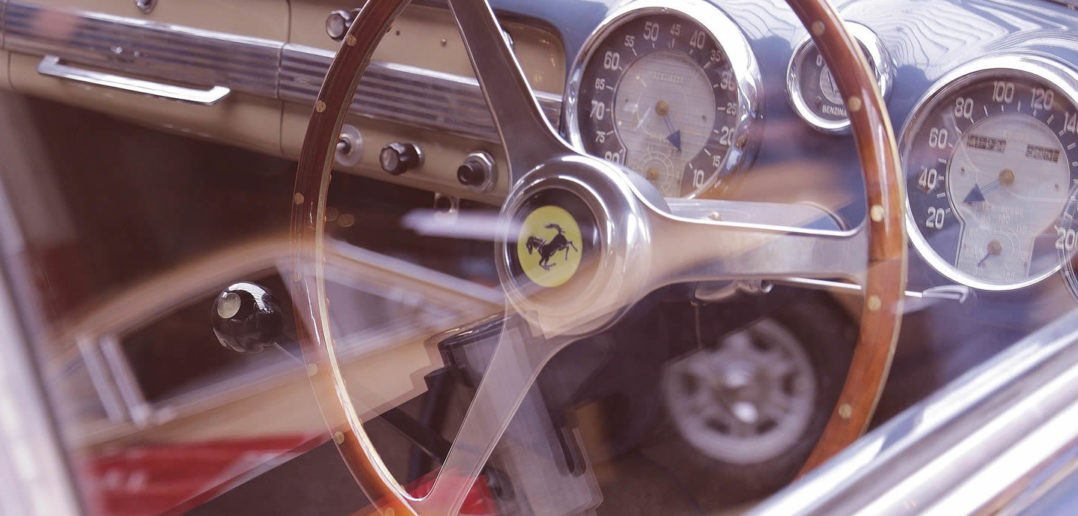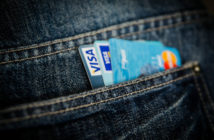For the second year in a row, Ferrari has retained its position as the world’s strongest brand despite hot competition from technology firms such as Amazon and Tesla.
The iconic Italian automotive manufacturer scored 94.1 out of 100 on the Brand Strength Index (BSI) and was one of only 12 brands to be awarded a AAA+ rating in the Brand Finance Global 500 2020 report. The luxury sports car company announced five new models in 2019 and continues to innovate with merchandise and design collaborations, which all added to the company’s brand value, which Brand Finance estimates to be worth $9.1bn (£7.1bn).
David Haigh, CEO of Brand Finance, commented: “The embodiment of luxury, Ferrari continues to be admired and desired around the world, and its outstanding brand strength reflects this. It is no wonder that many consumers, who might never own a Ferrari car, want a bag or a watch emblazoned with the Prancing Horse, but it is also crucial that the company management remain at the steering wheel of the brand’s future and maintain its exclusive positioning by monitoring the licensing output closely.”
Ferrari’s brand has taken over 80 years to reach its current strength, but Elon Musk’s electric vehicle manufacturer Tesla is rapidly catching up and is the fastest growing brand in the world today, with its brand value up 65 per cent over the last 12 months to $12.4bn (£9.7bn). This growth was largely down to the innovative firm’s expansion outside the US to sell cars in the UK, Australia, China, and elsewhere, making it a truly global brand.
Meanwhile, Amazon has retained its position as the world’s most valuable brand and became the first company with a brand valued at over $200bn. It’s $220.8bn (£173bn) brand value far outpaces that of other tech giants like Google ($160bn) and Apple ($140bn), and its domination of ecommerce is also partly to blame for the brand value of firms like Ebay to slip, the brand value of which fell nine per cent to $8.2bn (£6.4bn).
Building a brand is no easy task, and whilst a decade ago the hype around online operations made many think traditional businesses would soon be eclipsed, the reality has been different. In fact, the spotlight has had a significantly negative effect on the like of Facebook and Uber, which both continue to struggle with scandals about their impact on society and academic studies showing they are bad for our mental health.
It is an old maxim that there is no such thing as bad publicity, but recent events have shown the idea no-longer holds true. Repeated headlines about Facebook’s inability to address the problems around fake news and harassment on its platform have significantly tarnished its brand since 2016. And a mere photograph of a box of tea bags next to an unpopular politician has quickly put an otherwise healthy brand on the back foot.
It takes years to build a trustworthy and valuable brand, and with modern social media a few miss-steps can be all it takes for it all to come crashing down.




